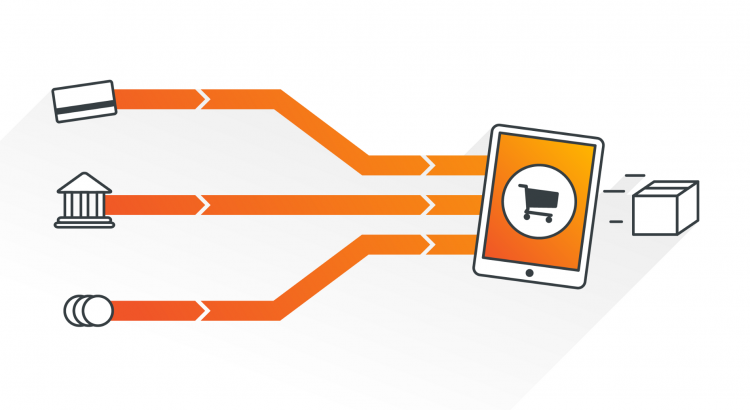KYC, meaning Know Your Customer or Know Your Client, refers to the processes conducted to verify the identity of a customer and assess the risk of the business relationship with them.
KYC is a crucial regulatory requirement for fintech companies and other institutions with financial responsibilities (like banks, credit institutions and insurance providers). Laws and regulations oblige those actors to validate the identity documents their clients provide. That’s equally true if the clients in question are legal entities instead of persons. KYC also requires companies to evaluate the clients’ financial status and monitor their monetary accounts for suspicious transactions.
The goal: Adhere to Anti-Money Laundering (AML) and Countering the Financing of Terrorism regulations, prevent fraud and constrain the access of users, who don’t fulfil certain standards of credibility.
But Know Your Customer policies are not just boundaries. They also act as competitive factors. KYC yields insightful data on one’s own services and customers.
It thus helps establish a reputation as a secure and trustworthy company as well. And trust is likely the most valuable asset for any financial business today.
So it’s time for a deeper look into the meaning and definition of KYC, its chances and its challenges.
This Know Your Customer Introduction for Fintechs Contains:
- A definition of KYC
- A discussion of key KYC-related concepts such as AML or EDD
- An overview of legacy KYC procedures and their modern counterparts
- A list of typical challenges fintech companies face with KYC
Now, shall we?
Read More
